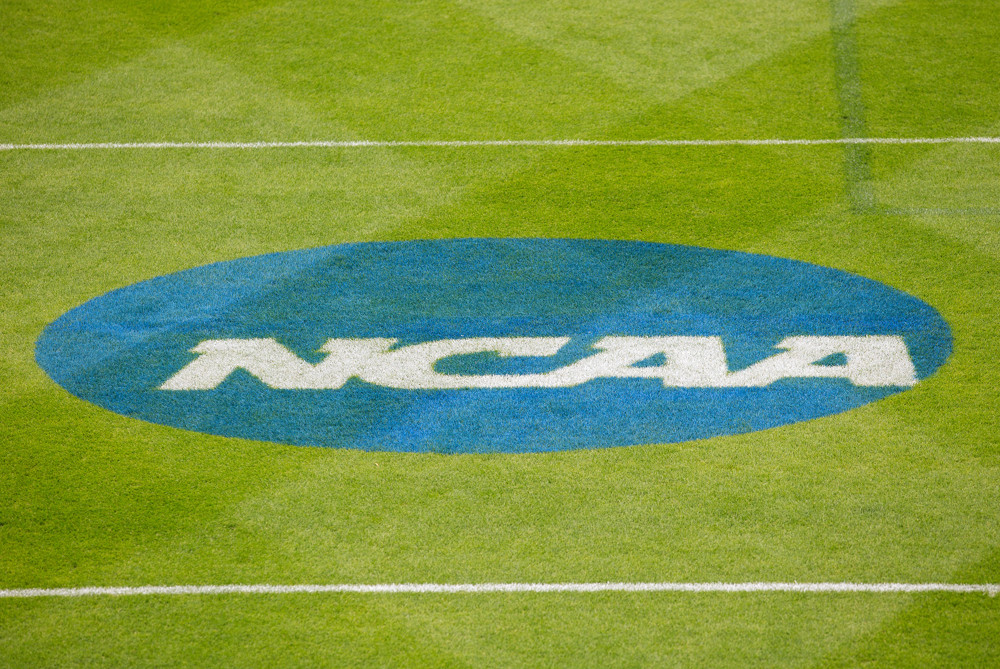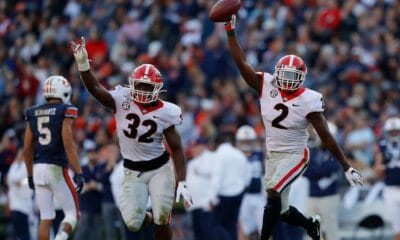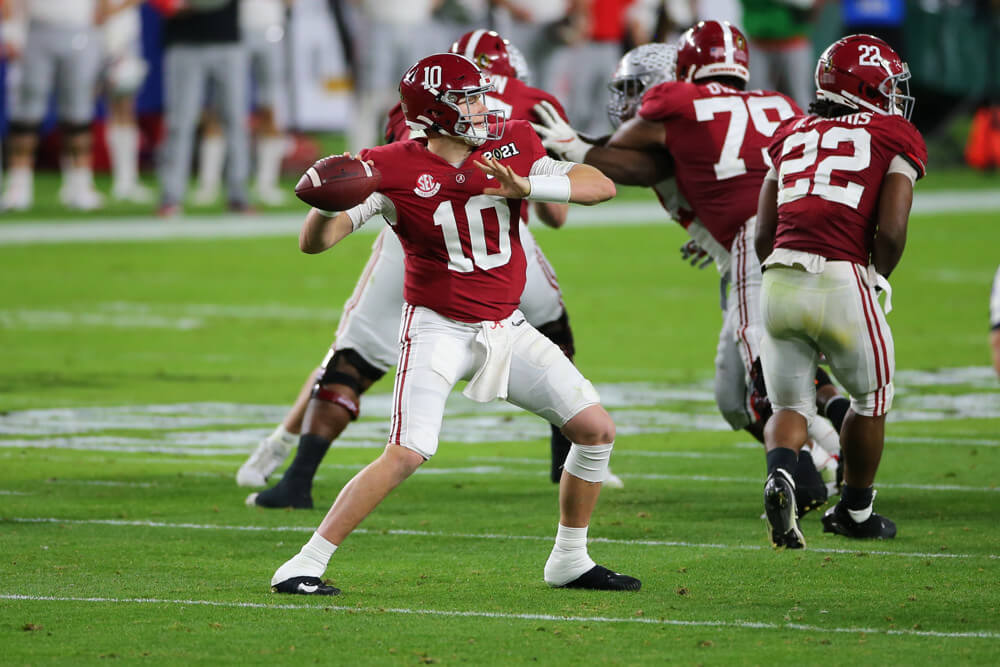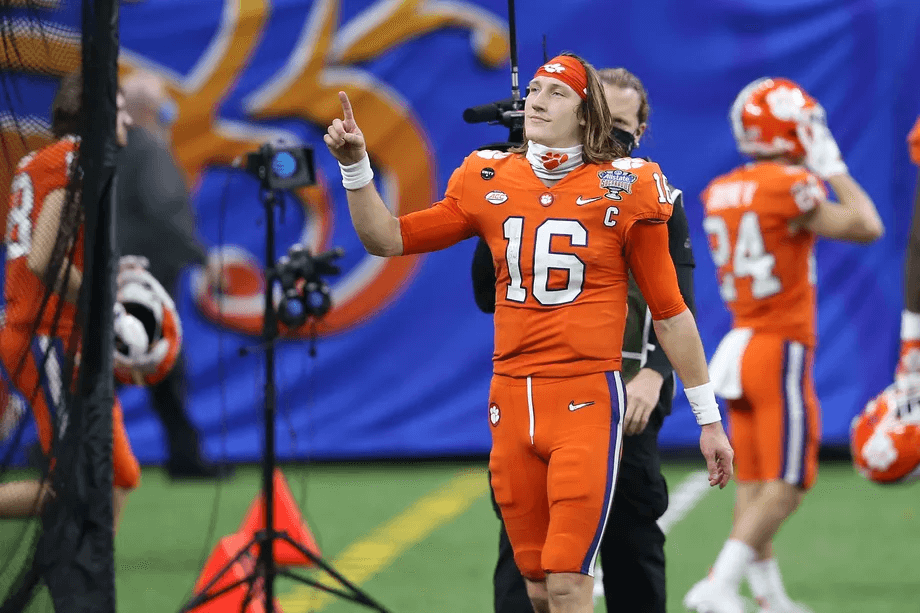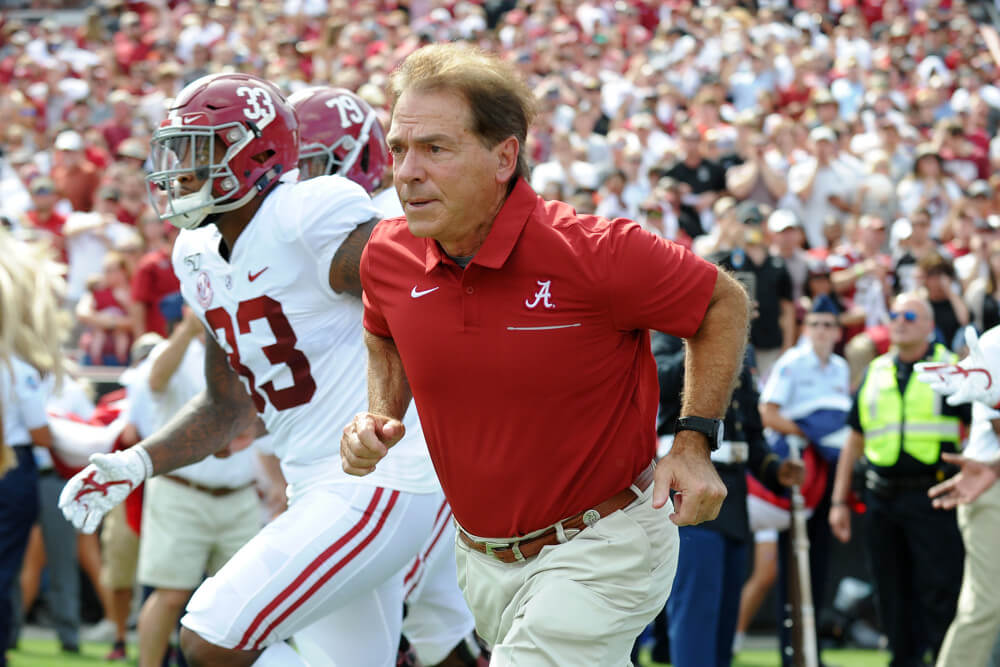California is preparing the stage for a national shift in how college-level athletes are viewed. Gavin Newsom, the state’s governor, has signed into a law a bill that allows college athletes to make money in ways that were never before possible, and other states are likely to follow in order to not lose top talent to the Golden State.
The new Fair Pay To Play Act provides a mechanism for athletes at the college level to become brands. They can sell their name, image and likeness, as well as hire marketing agents, in return for money or other considerations. There is one drawback, though. The new law doesn’t allow the practice to begin for another four years.
Newsom knows what he has done, which is basically stirring the beehive and causing other states to begin to scramble. He sat down with LeBron James on Uninterrupted and explained, “I don’t want to say this is checkmate, but this is a major problem for the NCAA. It’s going to initiate dozens of other states to introduce similar legislation, and it’s going to change college sports for the better by having now the interest finally of the athletes on par with the interests of the institutions. Now, we’re re-balancing that power arrangement.”

100% Bonus up to $1,000 + $25 Token
T&C APPLY | NJ, MI ONLY Join Now
100% Bonus up to $1,000 + $25 Token
T&C APPLY | PA ONLY Join Now
$1000 Risk Free Bet
T&C APPLY | NJ, PA, IN, CO, NJ, MI, IA, LA, MS, OH ONLY Join NowAs correct as the prediction is that states will have to follow suit, Newsom made another prediction, as well, and this may be one of the reasons the law doesn’t take effect into 2023. He expects the NCAA to not be very accepting of the legislation and believes that it could try to sue the state. The organization has strict rules against players profiting from their status and California is disrupting the status quo with its new law.
California lawmakers in both chambers unanimously accepted the bill – 39-0 in the Senate and 73-0 in the Assembly. That response shows that there is an overwhelming opinion that it’s time for the NCAA to step up to the plate and change its structure. This is reiterated by the director of the Tulane Sports Law Program and the school’s associate provost for NCAA compliance, Gabe Feldman, who states, “The California legislation and the other laws that are being discussed at the state level and the federal level are part of the broader puzzle that is putting additional pressure on the NCAA to reform its amateurism rules.”
He adds, “The California legislation may be the most significant threat to the NCAA’s broad amateurism rules that we’ve seen to date. But I don’t think it’s the sole factor. It’s not only the legislation, but also the growing sentiment among some segments of the public, as well as the media, and I think maybe even those within college athletics that the rules need to continue to evolve to better protect the student-athlete and provide them with greater benefits and rights. The best outcome would be for the NCAA to voluntarily change its rules.”
The NCAA might consider updating its framework, but there’s little chance it will come up with anything that comes close to resembling California’s new law. The organization is currently involved in a major scandal involving a number of schools that broke its rules related to recruiting, and changing its stance now would create a conflict with the punitive measures it has already taken against certain universities.
California is prepared to fight the NCAA. There is talk that the NCAA Board of Governors might sue the state on the grounds that the law is unconstitutional and that it also might decide to prevent schools in the state from participating in NCAA championships. The board already sent a letter to Newsom and state lawmakers warning of the possibility of retaliatory actions, but the governor isn’t deterred.

100% Bonus up to $1,000 + $25 Token
T&C APPLY | NJ, MI ONLY Join Now
100% Bonus up to $1,000 + $25 Token
T&C APPLY | PA ONLY Join Now
$1000 Risk Free Bet
T&C APPLY | NJ, PA, IN, CO, NJ, MI, IA, LA, MS, OH ONLY Join NowIt also issued a statement after Newsome signed the bill, saying, “Unfortunately, this new law already is creating confusion for current and future student-athletes, coaches, administrators and campuses, and not just in California. We will consider next steps in California while our members move forward with ongoing efforts to make adjustments to NCAA name, image and likeness rules that are both realistic in modern society and tied to higher education.”
There are still a lot of questions that have to be answered before anything transpires, which is another reason for Newsom to wait so long before implementing the bill. However, the wheels are in motion and there is a good chance that it’s the end of the NCAA as we know it.

